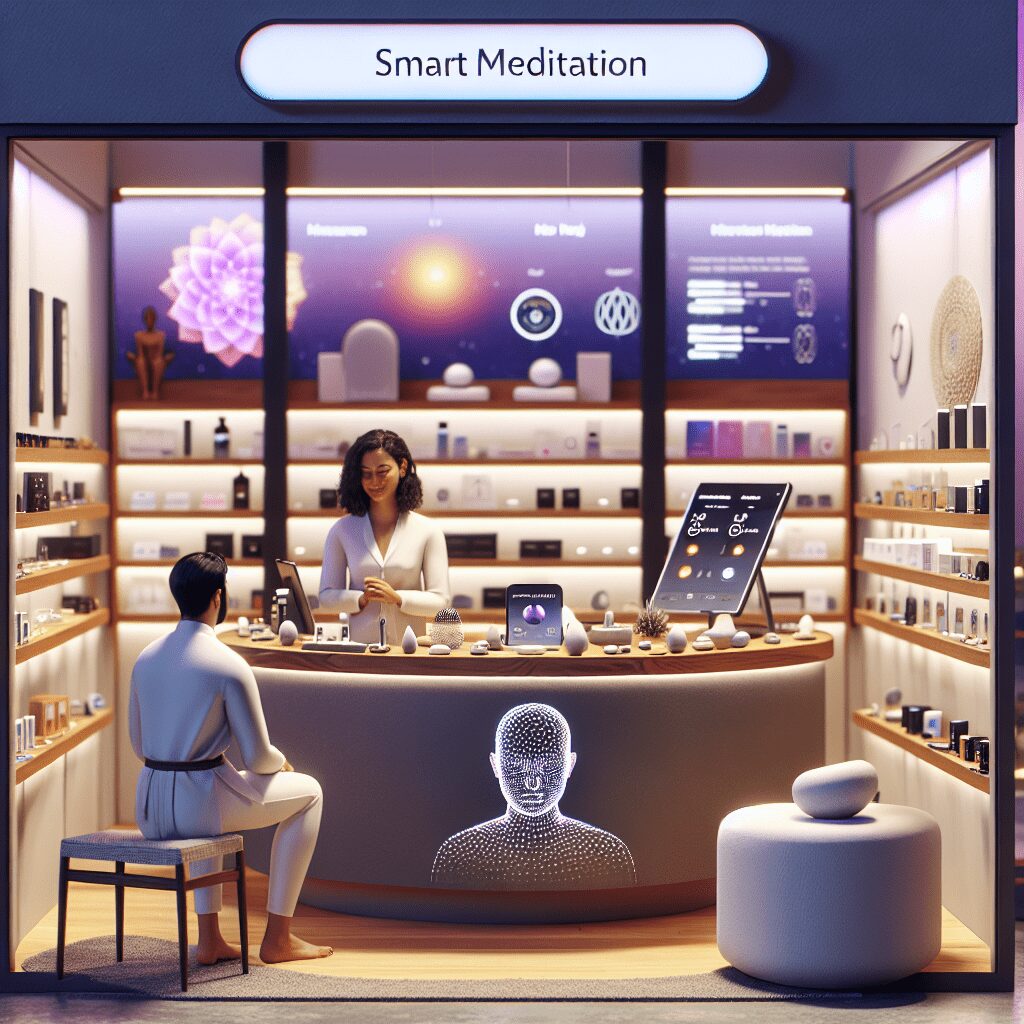
Prioritize your mental well-being daily. Enhance your life by nurturing your mental health with the Smart Meditation app. Break free from stress, alleviate anxiety, and enhance your sleep quality starting today.
Does Drinking Help With Anxiety?
Unveiling the Myth: Does Liquor Lighten the Load?
There’s a common saying that’s been around the block a few times, “a drink to calm the nerves.” But when we peel back the layers, what do we find at the heart of this age-old remedy? Is there any truth to the idea that a glass of wine or a pint of beer can ease the anxiety that seems to be an ever-present shadow in the hustle and bustle of modern life? Let’s dive into the nitty-gritty, shall we?
The Double-Edged Sword: Alcohol’s Immediate vs. Long-term Effects
On one hand, it’s no tall tale that alcohol has a short-term anxiolytic, or anxiety-reducing, effect. This is thanks to its sedative properties on the brain, giving you that initial “Ahh” moment as if the weight of the world is temporarily lifted off your shoulders. However, this is where we spot the catch, the fine print often overlooked in the “Drink Responsibly” disclaimer.
Subtle Beginnings and Slippery Slopes:
-
Immediate Relief? Check. Initially, alcohol can indeed reduce stress and anxiety. It’s like a temporary vacation for your brain, where your worries seem to take a backseat.
-
Rebound Anxiety: Ah, but wait! There’s a plot twist. Ever heard of rebound anxiety? It’s the boomerang effect. Just as the calming waves recede, they come crashing back, often with more force than before.
-
Tolerance and Dependence: Over time, the more you drink to ease anxiety, the higher the tolerance your body builds. This means you need to drink more to achieve the same “relief,” a classic setup for dependence.
Now, let’s sprinkle in some science. The Brain & Behavior Research Foundation points out that regular and heavy drinking alters the brain’s neurotransmitter balance, further fueling the anxiety fire. Suddenly, drinking isn’t just something you do for kicks; it becomes a crutch, a necessity just to feel “normal,” and that, folks, is a risky business.
Crafting a Safer Pathway Through the Anxiety Jungle
So, where does this leave us? Floating like a cork in a sea of uncertainty? Not quite. The key lies in sustainable, healthy coping mechanisms that don’t boomerang back with a vengeance. Here’s a quick roadmap:
-
Mindfulness and Meditation: As old as the hills, but boy, do they work. Taking time to practice mindfulness can help ground you, offering a sense of immediate presence that alcohol can never truly give.
-
Physical Activity: Whether it’s a brisk walk, a jog, or a dance-off in your living room, moving your body is like giving your brain a cleanse, washing away the anxiety with endorphins.
-
Seeking Professional Help: Sometimes, the bravest thing you can do is ask for help. Therapists, counselors, and support groups are like lighthouses guiding you through stormy seas.
In the grand tapestry of life, facing anxiety head-on, without the veil of alcohol, empowers you. It’s about building resilience, finding genuine joy, and learning to dance in the rain, rather than waiting for the storm to pass.
In essence, while the allure of alcohol as a quick fix for anxiety may seem like a tempting shortcut, it’s akin to taking a detour that leads back to square one, except with added tolls. Acknowledging the complexity of anxiety and choosing to navigate it with clarity and support, rather than through the blurry lens of alcohol, marks the beginning of a healthier journey towards well-being. So next time the question pops up, “Does drinking help with anxiety?” you’ll have the insight to think twice, opting for a path that fosters resilience and genuine peace of mind.





